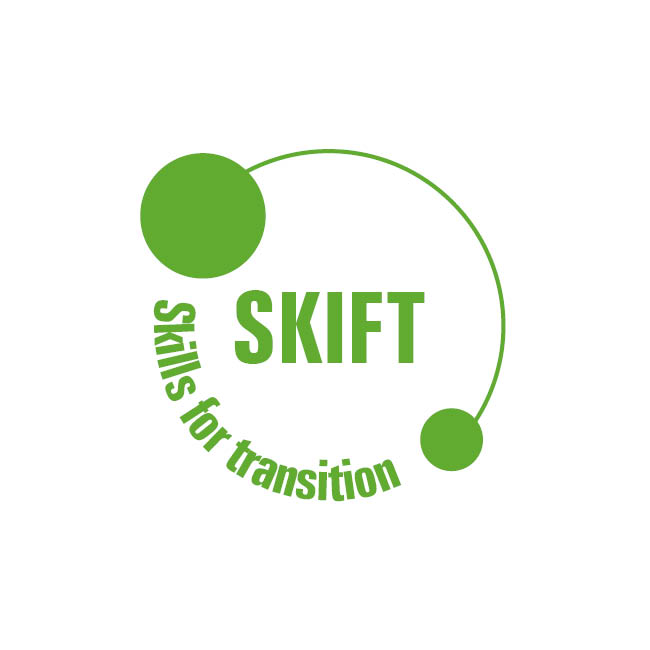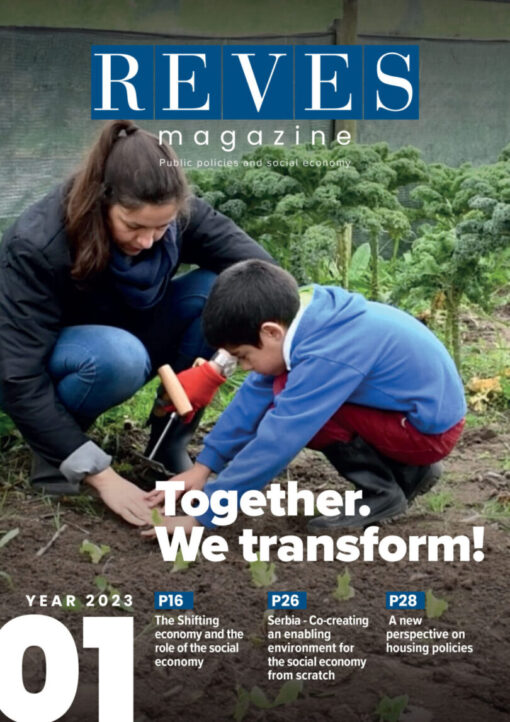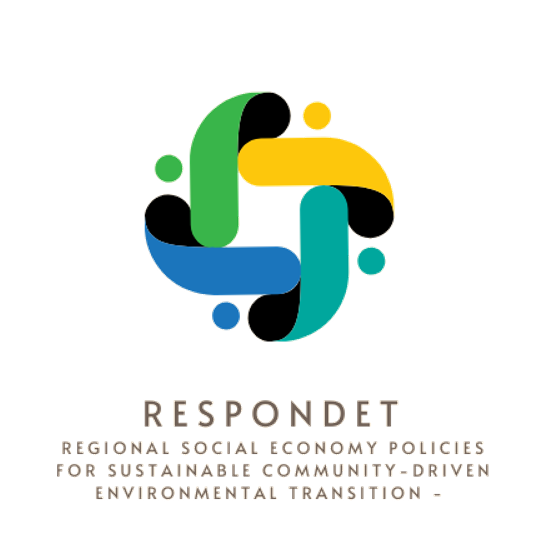GRAPE has the objective to experiment the co-construction of local plans for the green, social and digital transitions in four small and marginalised territories engaging social economy actors.
Smaller territories are a perfect laboratory to showcase in a reasonable time frame the impacts of such experimentation, at the same time contamination of good practices is easier at such a scale. Consequently, the project consortium is composed of 4 small complementary territories in 3 countries: Mirabella Imbaccari (IT), Malegno (IT), Bonares (ES), Sifnos (GR), together with an experienced European public authorities’ and SSE actors’ network (REVES) and a regional cooperative network (FAECTA).
For each territory, in addition to the respective municipalities, an SSE organisation has been involved: Fondazione di Comunità di Messina (leader partner) in Mirabella Imbaccari, Sol.Co. Camunia in Malegno, COOPINTE in Bonares and Wind Of Renewal in Sifnos.
GRAPE is co-financed by the EU Commission under the SMP-COSME-2021-RESILIENCE-SEM Call (Grant Agreement n. 101074093).
____________________
Local Social Green Resilience Action Plans published!
After more than a year of exchange and cooperation in the framework of the GRAPE initiative, municipalities from Greece, Italy and Spain published their « Local Social Green Resilience Action Plans ».
Common to all municipalities is their size and geographical position : All are small municipalities located in rather peripheral territories. For several of them the GRAPE project, co-financed by the European Union, presented a first opportunity to develop a comprehensive vision for social, economic, green and digital transition and to co-design, in cooperation with the social economy and civil society, a proposal for concrete actions implementing this vision.
The participatory process stood at the centre of the initiative. Social economy partners were involved in the initiative as offical partners from the very beginning and made a continuous mapping and involvement of other stakeholders – social economy, other parts of civil society, SMEs, individual citizens, etc. – possible. Through events, meetings, conversations and surveys with the diverse stakeholders and public administration, partner municipalities and social economy partners carried out a contextual analysis focusing on social, economic, cultural and demographic factors, as well as an analysis of needs based on which vision and actions were then developed.
Cooperation with the other European partners helped to create the general methodological framework for the process, provide inspiration through good practice examples, help to find possible solutions for challenges.
Tailored to the specific context and needs of each municipality and area, the local action plans developed contain measures in four different fields (identified jointly by the project consortium in the beginning of the initiative) :
- Protection and promotion of local culture: how to valorise local cultural heritage to enhance higher social cohesion and sustain community local development;
- Efficient and sustainable use of resources: how to preserve and manage resources (water, soil, energy, etc.) in a sustainable way for local development;
- Healthy and ecologically sustainable agro-food system: how to develop a sustainable agro-food productive sector.
The action plans and other information on the GRAPE initiative can be found HERE.
Project Information









